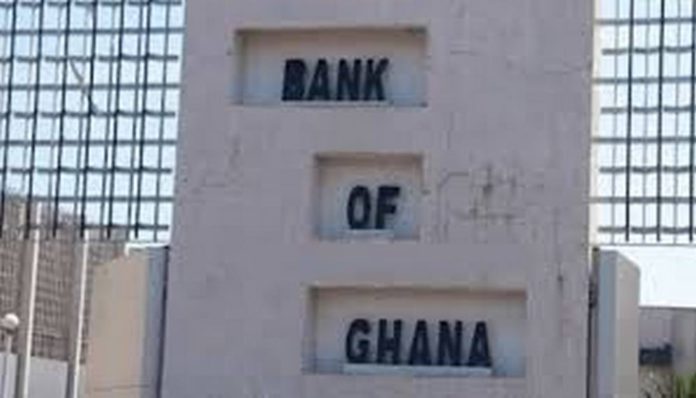Ghana’s International Monetary Fund (IMF) programme will among other things revise the Bank of Ghana Act in a bid to strengthen the central bank’s independence and mitigate fiscal dominance.
The amendments to the BoG Act will feature a stricter limit for monetary financing, mechanisms to monitor and enforce compliance, and a clear definition of emergency situations under which the limit can be temporarily lifted.
Pending legislative changes, as part of the prior actions required by the IMF before Ghana got the deal, the BoG and the Ministry of Finance signed a Memorandum of Understanding (MoU) to eliminate monetary financing during the programme.
An ongoing updated Safeguards Assessment will provide additional support for designing changes to the BoG Act.
It will review the authorities’ gold purchase and gold-for-oil programmes and associated risks for the BoG.
The BoG’s balance sheet is also expected to be affected by the debt restructuring.
A report on the country’s programme issued by the IMF said the government and the BoG would assess the impact and develop plans for its recapitalisation with Fund technical assistance support.
READ ALSO:
This is what the IMF said after approving Ghana’s $3bn bailout request

